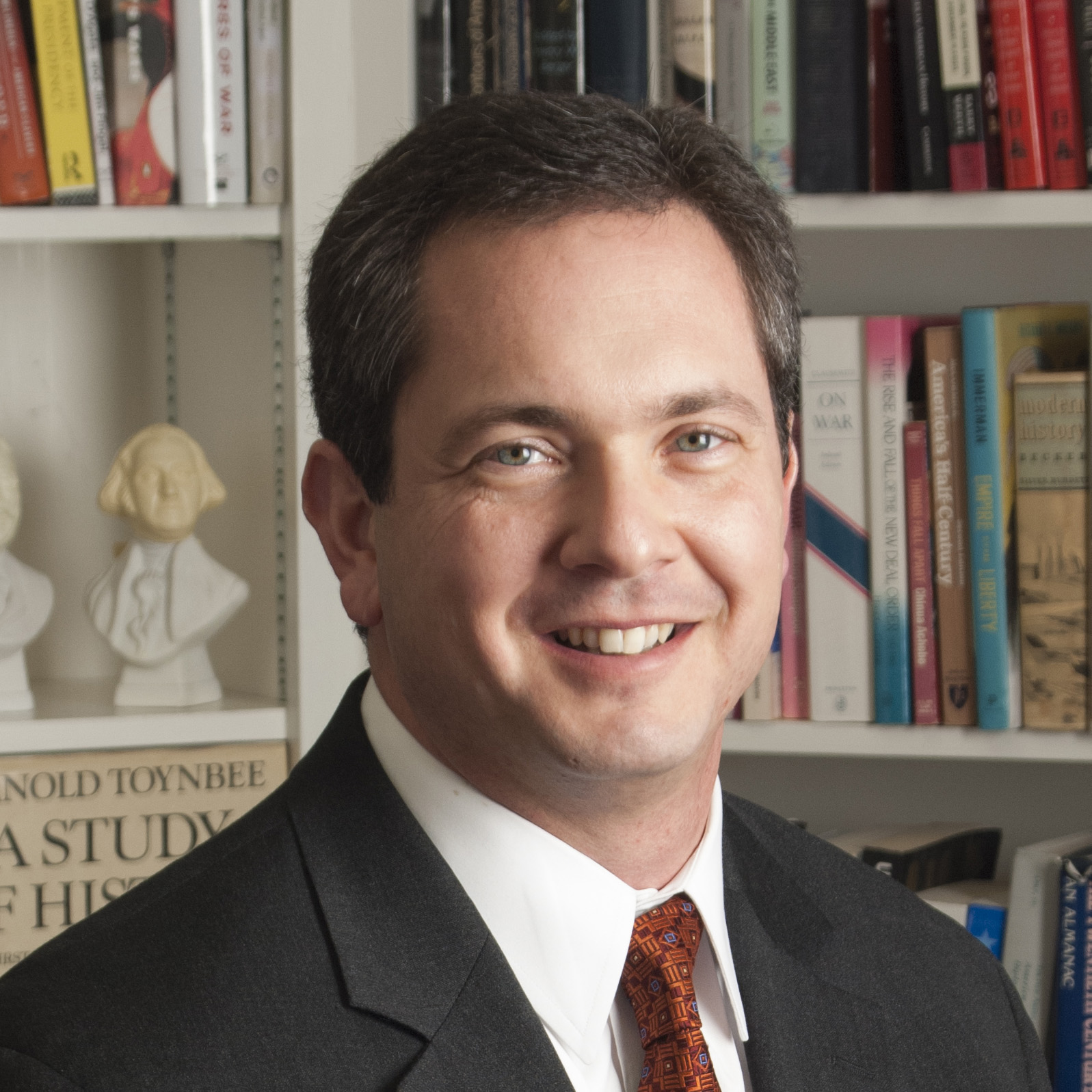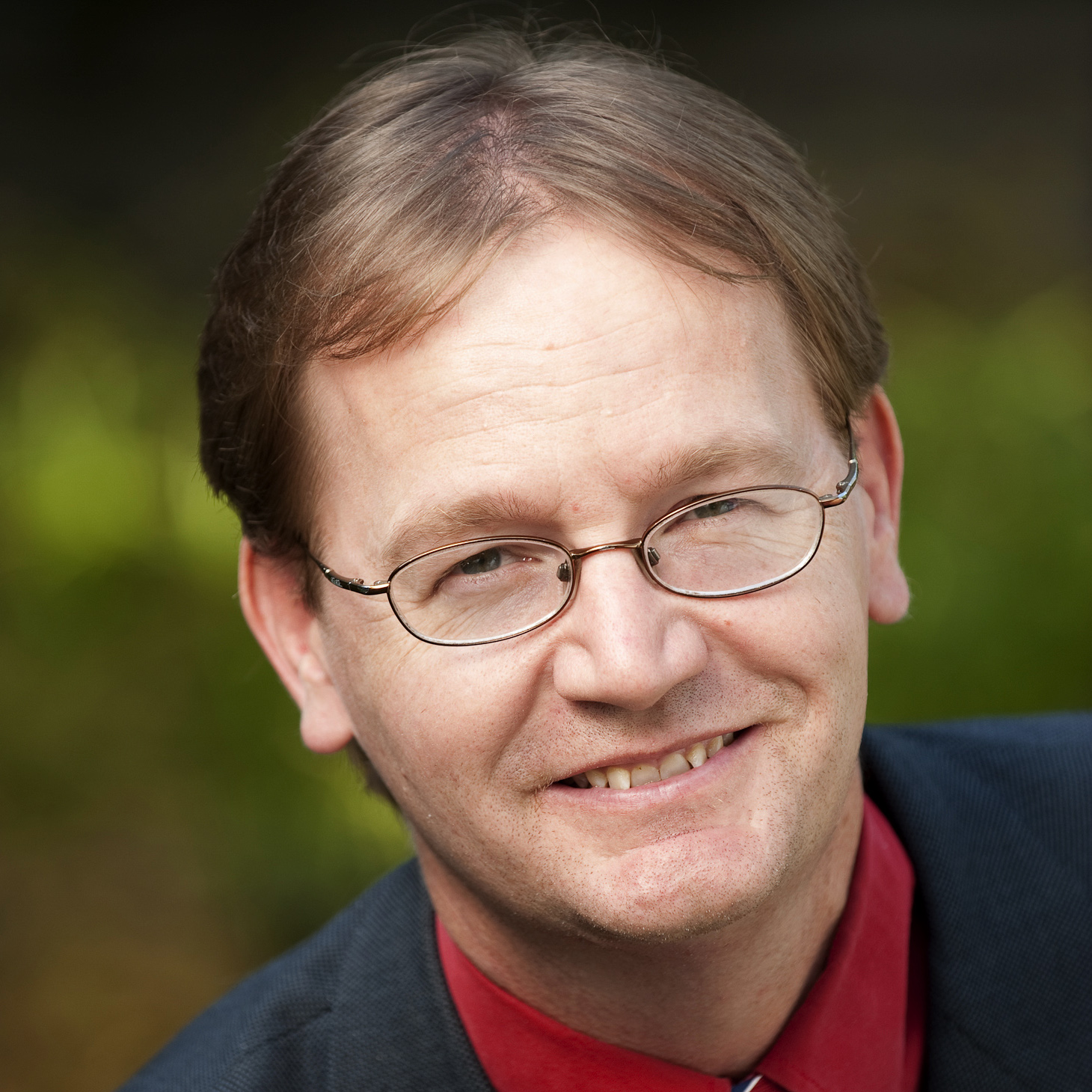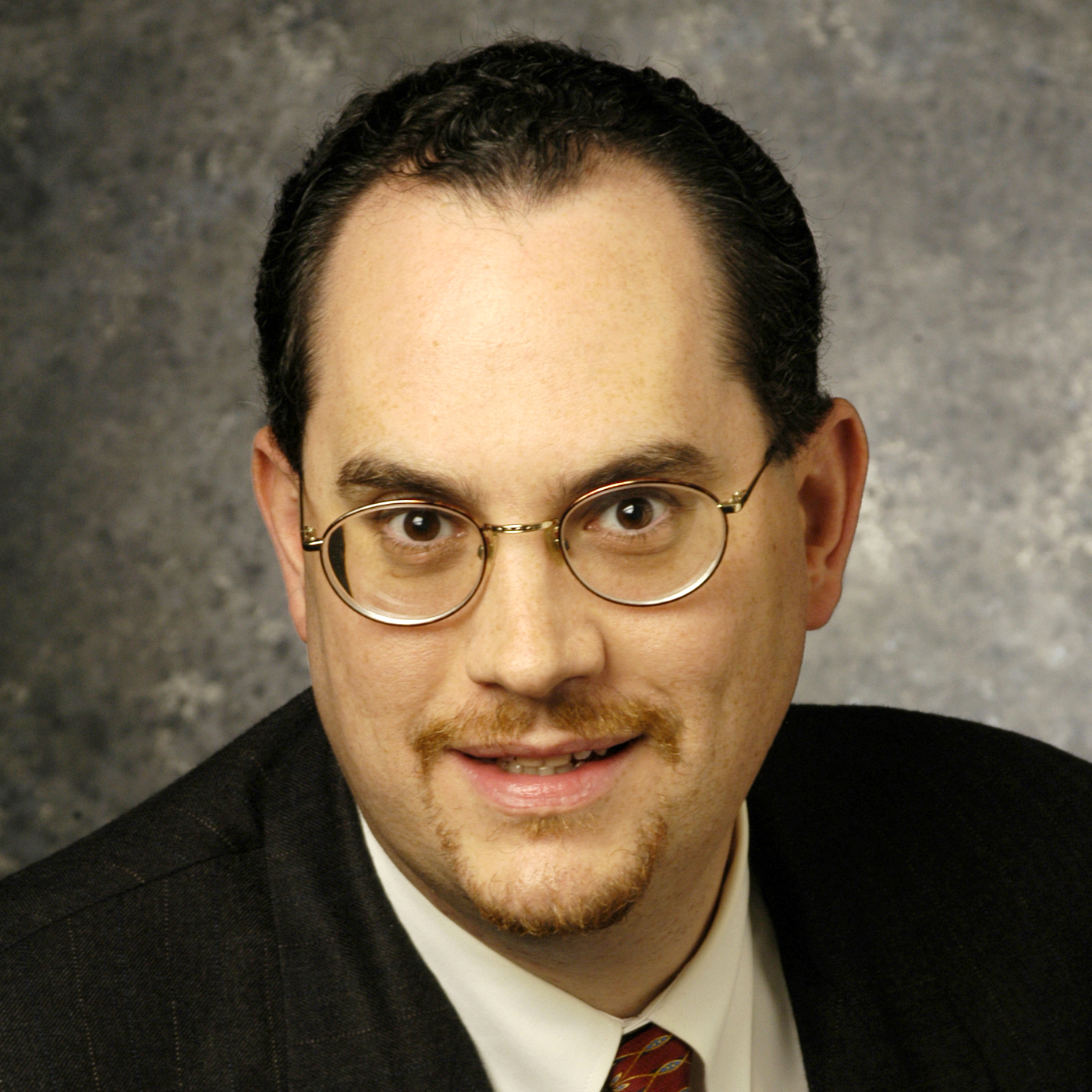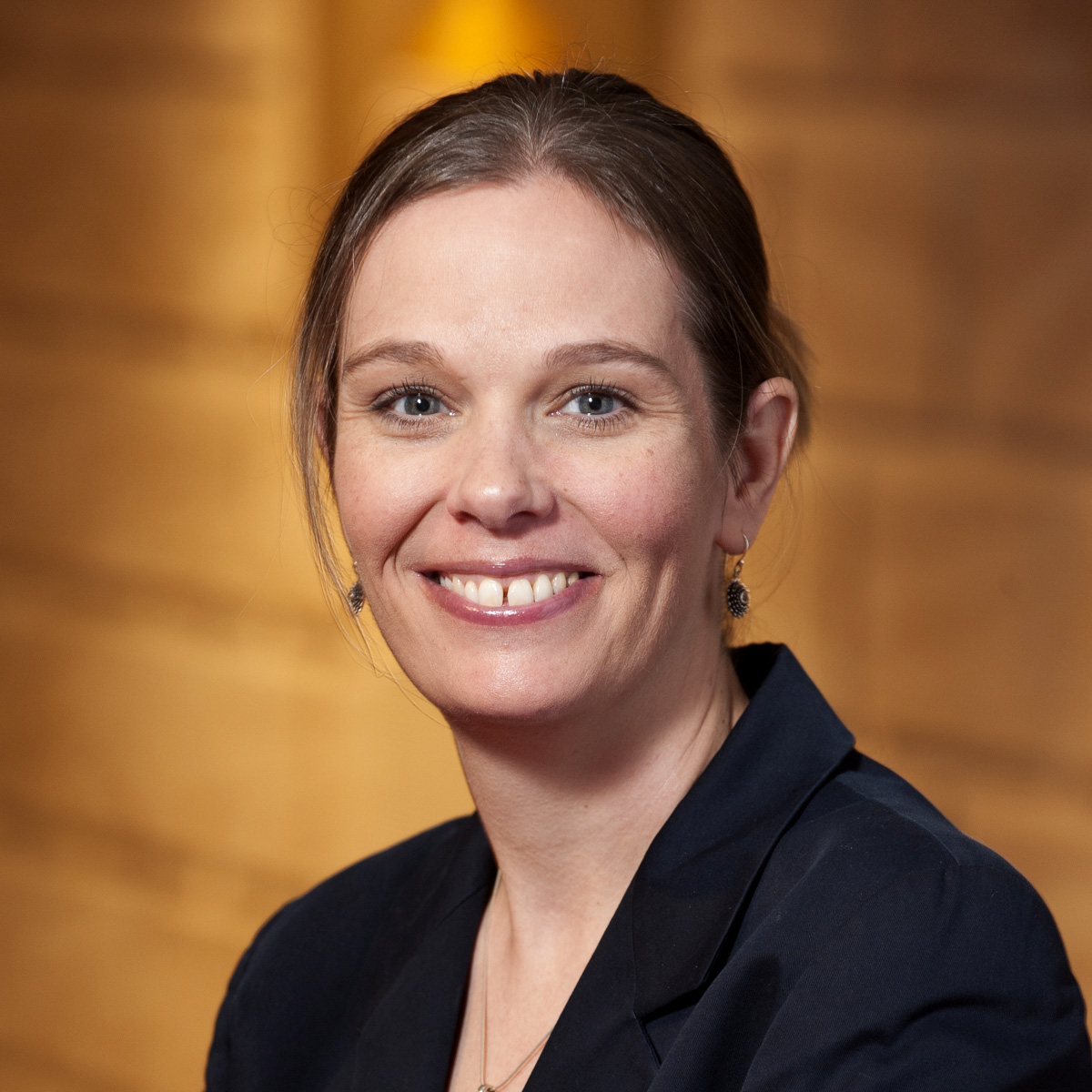SMU Political Experts:
Questions of health and trustworthiness, removing moderators from debates, and the ‘deplorables.’
DALLAS (SMU) – SMU experts are available for interview on all things related to the current state of the presidential race. A full list of available faculty and their areas of political expertise is available here and pitches during this presidential campaign cycle are available here.
TRUMP’S QUESTIONING OF CLINTON’S HEALTH HAS SHADES OF 1988

jaengel@mail.smu.edu
On the history of candidate health as an issue in presidential politics…
- “It’s really interesting to me as a historian that it doesn’t take much, as we’ve seen from Trump’s campaign, to make an insinuation into a story. We saw that in particular in 1988 when the George H.W. Bush campaign basically floated the idea that Michael Dukakis was mentally unstable, with no evidence – Reagan even said ‘I’m not going to pick on an invalid.’ And all the issues occurred with John McCain in the 2000 primary against George W. Bush, when a whisper campaign asked, ‘Do you really want a man who’s been tortured five years in charge of nukes?’ Health is the perfect embodiment of an issue that can be raised without any evidence and, as long as it’s in people’s minds, you have to defend against it, and there’s no defense against an issue that’s not real.”
On the impact that questions about a candidate’s health can have on an election…
- “I think it had a tremendous impact in 1988. The (George H.W.) Bush campaign did a remarkable job painting Dukakis as weak, out of touch politically with the mainstream and, over time, as out of touch with reality. Those were things Dukakis was unable to contend with. What’s important to note from 1988 is that was also a race that got way down into the mud, like this one, and it produced remarkably low voter turnout. One lesson you can draw is that you can drive voters away from the polls, but that doesn’t mean you’re driving up enthusiasm for your own presidency.”
Engel is director of the SMU Center for Presidential History. He can discuss:
- comparisons to past presidential races
- foreign policy
- presidential rhetoric
NO MODERATOR, NO PROBLEM…

bvoth@smu.edu
On Trump’s idea to hold a debate without a moderator …
- “I think that’s legit. Removing the moderator would make it resemble an actual debate more, and that’s something I’ve wanted since seven or eight years ago. What’s happening now, with the push for moderators to be more interventionist, to me, that makes it worse. When you have a moderator in the middle of it, they stop the debate constantly. You’re supposed to have two competing views equally uninterrupted presenting their views.”
On the role moderators play as fact-checkers…
- “Debaters will naturally fact-check each other when left alone. It would score points for a candidate to say, ‘You didn’t answer the question.’ People say the moderator must do that? I’ve seen plenty of debaters do that.”
On whether removing moderators will remove questions of bias…
- “There have already been questions about whether Matt Lauer skewed the Commander in Chief Forum – he didn’t even need to be there. You would remove the objection of bias by removing the moderators.”
Voth is SMU’s director of Debate and an associate professor of Corporate Communications and Public Affairs. He can discuss:
- debate prep
- debate strategy
- comparisons between this debate season and the 2012 election’s debate season
HEALTH A VALID CONCERN, BUT TRUSTWORTHINESS A GREATHER ISSUE FOR CLINTON

jmwilson@smu.edu
On the impact questions of a candidate’s health can have on an election…
- “The presidency is a high-stress, demanding job. For that reason, voters put fair scrutiny on whether the candidates are up to the physical and mental stamina requirements. Questions of the health of a candidate also put more focus on the running mate, and whether that person is seen as a capable and palatable person to assume the office if necessary. Both Clinton and Trump are fortunate that they picked solid people for their running mates.”
- “One thing to keep in mind: Hillary and Trump are two of the oldest candidates to ever seek the presidency. For that reason, there will be more focus on their health.”
On what’s the bigger issue, Clinton’s health, or her breach of trust in being honest about it…
- “This episode serves to reinforce the notion that Clinton’s natural instincts are not to be open and transparent. Her natural instinct is to conceal, obfuscate, deceive and to only come clean when her hand is forced. If, in fact, it’s true that she has pneumonia, it’s just mind boggling she didn’t come forward and say that. Particularly with this question about her health. Not revealing she has pneumonia until she has to because she collapsed at an event reinforces the idea she’s not forthcoming.”
Wilson is an SMU associate professor of Political Science. He can discuss:
- religion and politics
- political psychology
- voting behavior of religious voters
- public opinion and politics
CLINTON COMMITS CAMPAIGN SIN WITH ‘DEPLORABLES’ COMMENT

samartin@mail.smu.edu
On Clinton’s, “Basket of deplorables,” comment…
- “You run a campaign against a candidate and their campaign. You don’t run it against their supporters. To that extent, it was a mistake. However, I think Donald Trump, in trying to extend this story very long, takes a big risk, because he has lot more of these statements out there than she does. It doesn’t take long for the conversation to circle back to the many offensive things he has said. And there’s not a few voters who think he is running a campaign based on misogyny, Islamophobia and xenophobia. Reminding people of that is the risk he runs by keeping this issue alive.”
- “Clinton does want to tie Trump to the alt right, she was just a little bit careless with her language. Obviously, ‘basket of deplorables’ was not written by a speech writer.”
Martin is an SMU assistant professor of Communication Studies. She can discuss:
- economic messages in political campaigns
- presidential campaign strategy
- religious voters and evangelical social movements
# # #
SMU is a nationally ranked private university in Dallas founded 100 years ago. Today, SMU enrolls approximately 11,000 students who benefit from the academic opportunities and international reach of seven degree-granting schools.
21839-nr-9/13/16-kr